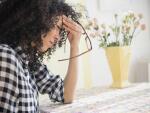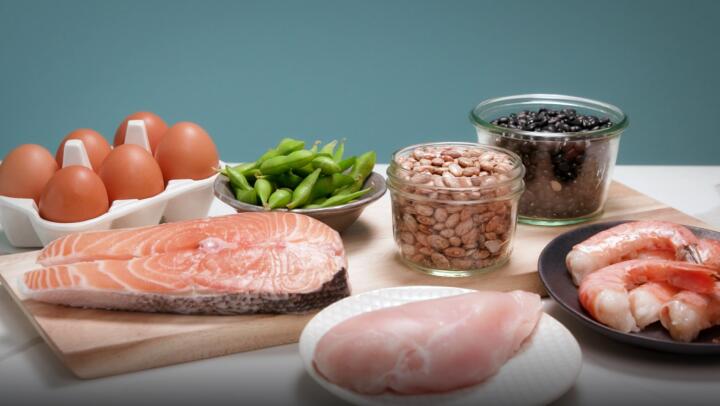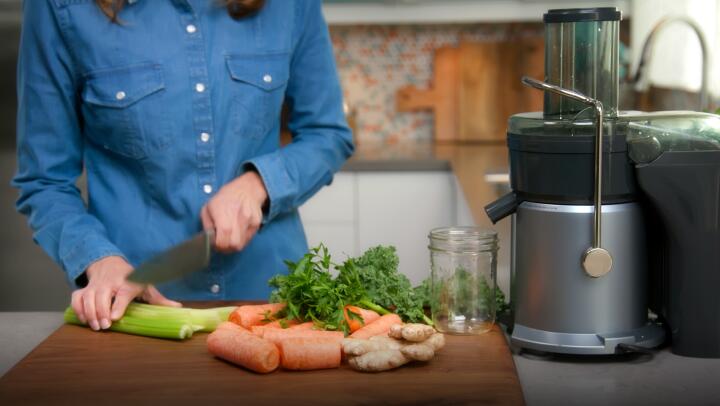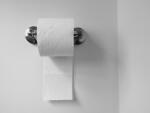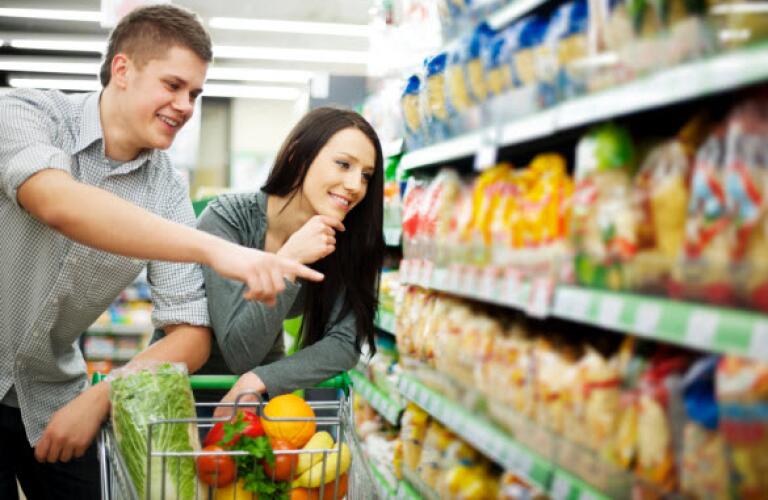
Imagine a heaping plate of pasta with marinara sauce and a glass of wine, followed by a slice of chocolate cake and a cup of coffee. For many people, that would be a big night at their favorite Italian restaurant. But if you have overactive bladder (OAB), it could be the prelude to many hurried bathroom visits.
Several common foods—such as tomatoes, wine, chocolate, and coffee—contain substances that can aggravate OAB. Plus, overindulging in high-calorie foods could lead to weight gain, which can worsen OAB symptoms as well.
Fortunately, with a little planning, you can still treat your inner gourmet. You just need to keep OAB in mind when deciding what to eat—and what to skip. The guidelines below can help.
Watch Your Weight
Whether you’re dining out or eating in, smart food choices help keep your weight in check. The key is choosing foods that pack a lot of nutrition into a relatively small number of calories. Such foods include vegetables, fruits, whole grains, fish, lean meats and poultry, and fat-free or low-fat milk and dairy products.
If you’re overweight, losing weight may lessen OAB symptoms. One study included 338 overweight women with bladder control problems, including OAB. The women were randomly assigned to either an intensive weight loss program or a control group. After six months, those in the weight loss group had lost an average of 8% of their body weight, compared to about 2% for the control group. The weight loss group also had a greater decrease in their frequency of urinary accidents.
Choose Your Foods
Certain foods and drinks have a more direct effect on OAB. Watching what’s on your menu helps keep your symptoms in check.
Avoid troublemakers. Some foods and drinks can irritate the bladder, contributing to urine leaks. Sensitivity varies from person to person, but these are common culprits:
Alcoholic beverages
Carbonated beverages
Caffeinated drinks
Artificially sweetened drinks
Coffee (even decaf)
Tomatoes and tomato products
Citrus fruits and juices
Highly spiced foods
Corn syrup
Honey
Chocolate
Manage fluid intake
Drinking too much fluid makes you urinate more often. On the other hand, drinking too little leads to very concentrated, dark yellow, strong-smelling urine. Such concentrated urine irritates the bladder, and it also promotes the growth of bacteria. Aim for a healthy balance—about six glasses a day. Water is the ideal choice. Cranberry, grape, cherry, and apple juices are also gentle on your bladder.
Focus on fiber
Constipation can worsen OAB symptoms. The fiber found in many fruits, veggies, and whole grains helps prevent this problem. To minimize gas and bloating, add fiber to your diet a little at a time. Talk with your doctor if constipation continues.

